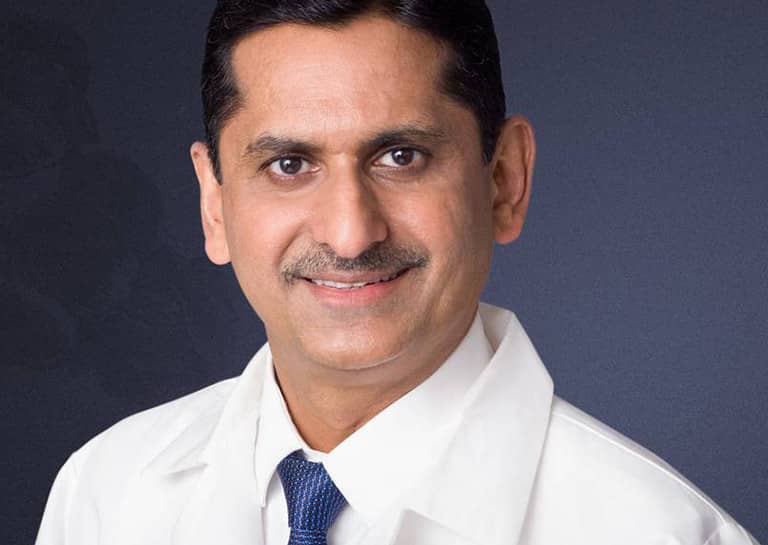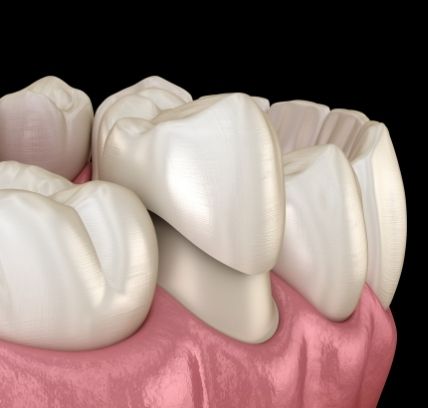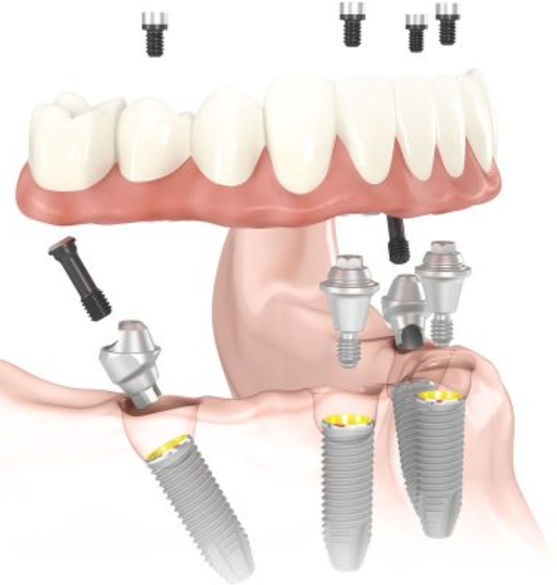
Now I still see draining and have some sinus pressure and pain. It all feels better, but the issue is not gone. I rinse the extraction site with a prescription product and use Flonase for my nose. Is the infection improving, or should I see an ENT? I would hate to need another surgery and am nervous about it. I require sedation, and getting sedated again makes me nervous. I don’t want my body filled with medication. Why won’t this infection go away? Thank you. Renae from Flint, MI
Renae,
Thank you for your question. Dr. Thomas would need to examine your x-ray and extraction site, but you have described some unusual concerns.
Does a Sinus Perforation Lead to Infection?
Although a sinus perforation is not uncommon after upper wisdom tooth extraction, the perforation does not automatically lead to infection. Consider factors that may have led to a sinus infection:
- An infection in the tooth was likely lingering before the surgeon removed it.
- Augmentin helped with the swelling, but you needed a Z-pack for the sinus infection.
- Infection from your tooth may have entered your sinus and created another issue.
Why Do You Still Feel Sinus Pressure After Wisdom Tooth Removal?
If you feel persistent sinus pressure after wisdom tooth removal, you may need a Z-pack refill. Your surgeon may advise taking the Z-pack to prevent antibiotic resistance until it eliminates the infection. Flonase will reduce sinus inflammation, so continue taking it.
Although we do not have your dental records, your oral surgeon’s treatment seems effective. Therefore, you should not require an ENT visit or another dental surgery that involves sedation. If your situation does not improve, your oral surgeon will pursue other options or refer you to an ENT as needed. Be sure to finish any medication that the surgeon prescribes.
We wish you a steady recovery.
Dr. Siny Thomas, a Sugar Land, Texas dentist, sponsors this post. Dr. Thomas is a graduate of the surgical program of the Pikos Institute in Trinity, Florida.



 In July, I noticed staining on my right incisor. When I had my dental exam and cleaning last week, my dentist took an x-ray. She said that the root canal is calcified and scheduled root canal treatment. What is root calcification, and is a root canal the only option? Thank you. Samuel from PA
In July, I noticed staining on my right incisor. When I had my dental exam and cleaning last week, my dentist took an x-ray. She said that the root canal is calcified and scheduled root canal treatment. What is root calcification, and is a root canal the only option? Thank you. Samuel from PA Impression mistakes are common. Skilled dentists look for mistakes and retake the impressions as needed. Many dentists use digital technology to improve accuracy. Some use both manual and digital impressions.
Impression mistakes are common. Skilled dentists look for mistakes and retake the impressions as needed. Many dentists use digital technology to improve accuracy. Some use both manual and digital impressions.